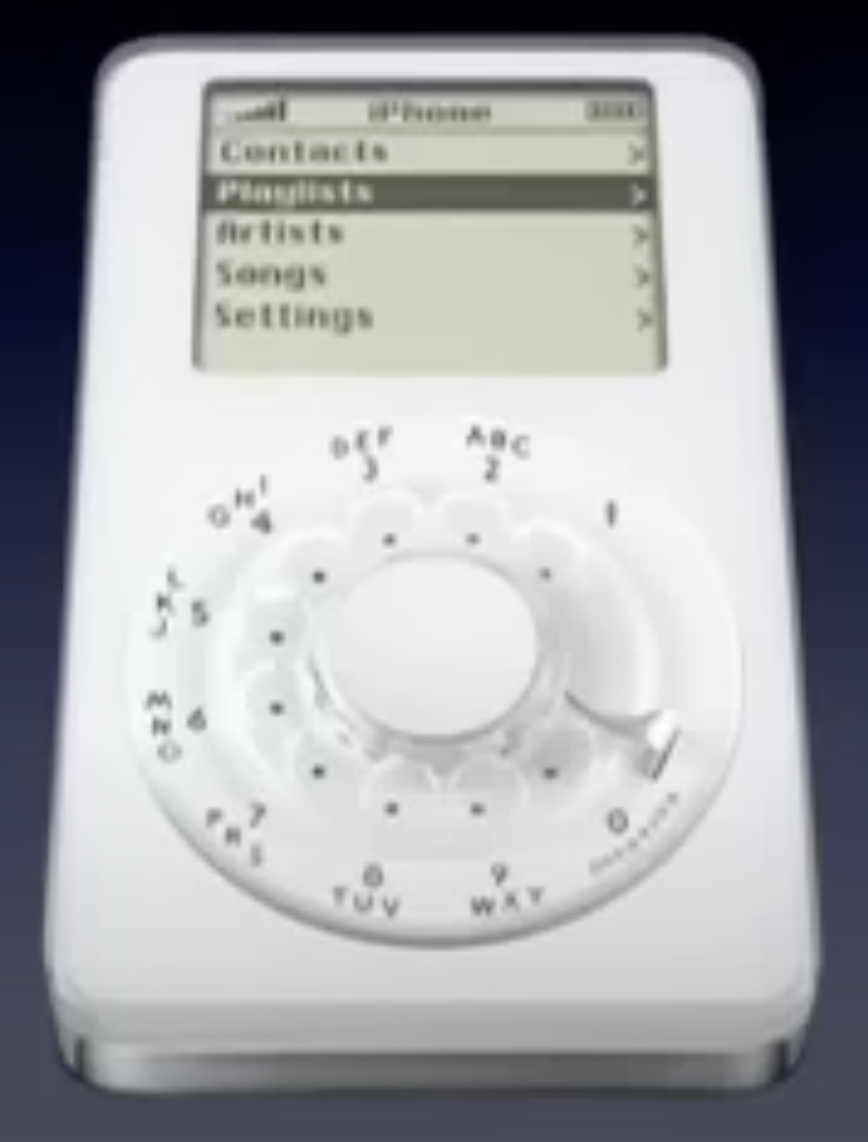 In an age where smartphones are our constant companions, the Apple iPhone stands out as a marvel of connectivity and functionality. It offers a multitude of communication services that make our lives easier but also introduce various security and privacy risks. This article delves into the comprehensive communication services provided by an iPhone, explores the security benefits of stripping these down to basic cellphone capabilities, and weighs the pros and cons of such a simplified device.
In an age where smartphones are our constant companions, the Apple iPhone stands out as a marvel of connectivity and functionality. It offers a multitude of communication services that make our lives easier but also introduce various security and privacy risks. This article delves into the comprehensive communication services provided by an iPhone, explores the security benefits of stripping these down to basic cellphone capabilities, and weighs the pros and cons of such a simplified device.
Communication Services Offered by an iPhone
The Apple iPhone offers a wide array of communication options, including:
- Cellular Calls and Text Messages (SMS)
- Wi-Fi Connectivity
- Bluetooth
- Instant Messaging (iMessage, WhatsApp, etc.)
- Social Media Apps (Facebook, Twitter, Instagram, etc.)
- Video Calls (FaceTime, Zoom, etc.)
- VoIP Services (Skype, Google Voice, etc.)
- Internet Browsing
- GPS and Geo-Location Services
The Simplified iPhone Concept
Imagine an iPhone stripped of all but the most essential communication features. This hypothetical device would support:
- Cellular Calls and Text Messages (SMS)
- USB Port for Charging and Loading Standalone Apps
- Geo-Location/GPS for navigation
Notably absent would be Wi-Fi, Bluetooth, instant messaging, social media, email, video calls, VoIP services, and internet browsing.
Pros of a Simplified iPhone
- Enhanced Security
- Reduced Attack Surface: Fewer features mean fewer potential vulnerabilities for hackers to exploit.
- No Wi-Fi/Bluetooth Exploits: Eliminating Wi-Fi and Bluetooth connectivity removes common attack vectors.
- Increased Privacy
- No Data Tracking: Without GPS-based apps and internet access, the phone doesn’t track or share user location data.
- Minimal Data Collection: Limited functionality results in less personal data being collected and stored.
- Safer for Children
- Limited Exposure to Harmful Content: Without internet access and social media, children are less likely to encounter inappropriate content.
- Reduced Risk of Cyberbullying: Restricting communication to calls and texts minimizes cyberbullying avenues.
- Longer Battery Life
- Less Power Consumption: Without power-hungry features like Wi-Fi, Bluetooth, and constant app use, battery life is significantly extended.
- Lower Cost
- Reduced Pricing: Simplifying the device by removing advanced features could significantly lower the cost, making it more accessible.
- Focus and Productivity
- Fewer Distractions: The absence of social media and internet browsing reduces distractions, helping users stay focused.
Cons of a Simplified iPhone
- Loss of Convenience
- No Instant Communication: Services like iMessage, WhatsApp, and email offer instant communication that would be lost.
- No Web Browsing: The inability to access the internet can be a significant drawback.
- Limited Functionality
- No Apps: Many productivity and utility apps require internet access to function properly.
- No Streaming Services: Inability to use streaming services like Spotify, Netflix, or YouTube.
- Social Isolation
- Disconnected from Social Media: Social media platforms are a primary means of staying connected with friends and family.
- No Video Calls: The inability to make video calls could be a significant disadvantage for personal and professional communication.
- Potential Resistance to Adoption
- User Adaptation: Users accustomed to full-featured smartphones might find it challenging to adapt to a limited device.
- Market Acceptance: There might be limited market demand for such a device, given the current dependence on smart features.
Potential Demography of Users
- Children and Teenagers
- Parental Control: Parents seeking to provide their children with a phone without exposing them to the risks of the internet and social media.
- Safety and Focus: Ensuring kids are reachable without the distractions and dangers of a fully-featured smartphone.
- Elderly Users
- Simplicity: Older adults who may find the plethora of features on modern smartphones overwhelming and unnecessary.
- Essential Communication: Keeping in touch with family and emergency services without the complexity of modern smartphones.
- Security-Conscious Individuals
- Privacy Advocates: Users highly concerned with privacy and security, preferring a device that minimizes data collection and potential hacking risks.
- Professionals in Sensitive Fields: Individuals working in sectors where data security is paramount, such as government or cybersecurity.
- Minimalists and Digital Detox Enthusiasts
- Focus and Productivity: Users who prefer a device that helps them stay focused and productive by eliminating unnecessary distractions.
- Simplified Lifestyle: Those looking to reduce their digital footprint and live a simpler, more mindful lifestyle.
Conclusion
A simplified iPhone, offering only basic cellphone capabilities, provides a compelling option for enhanced security, privacy, and focus, particularly for children, the elderly, and privacy-conscious individuals. The reduced pricing and extended battery life further add to its appeal. However, this comes at the cost of convenience, functionality, and connectivity, which might not suit everyone. As technology continues to evolve, finding the right balance between connectivity and security will remain a key challenge. For some, the trade-offs of a simplified device could very well be worth the peace of mind it offers.

